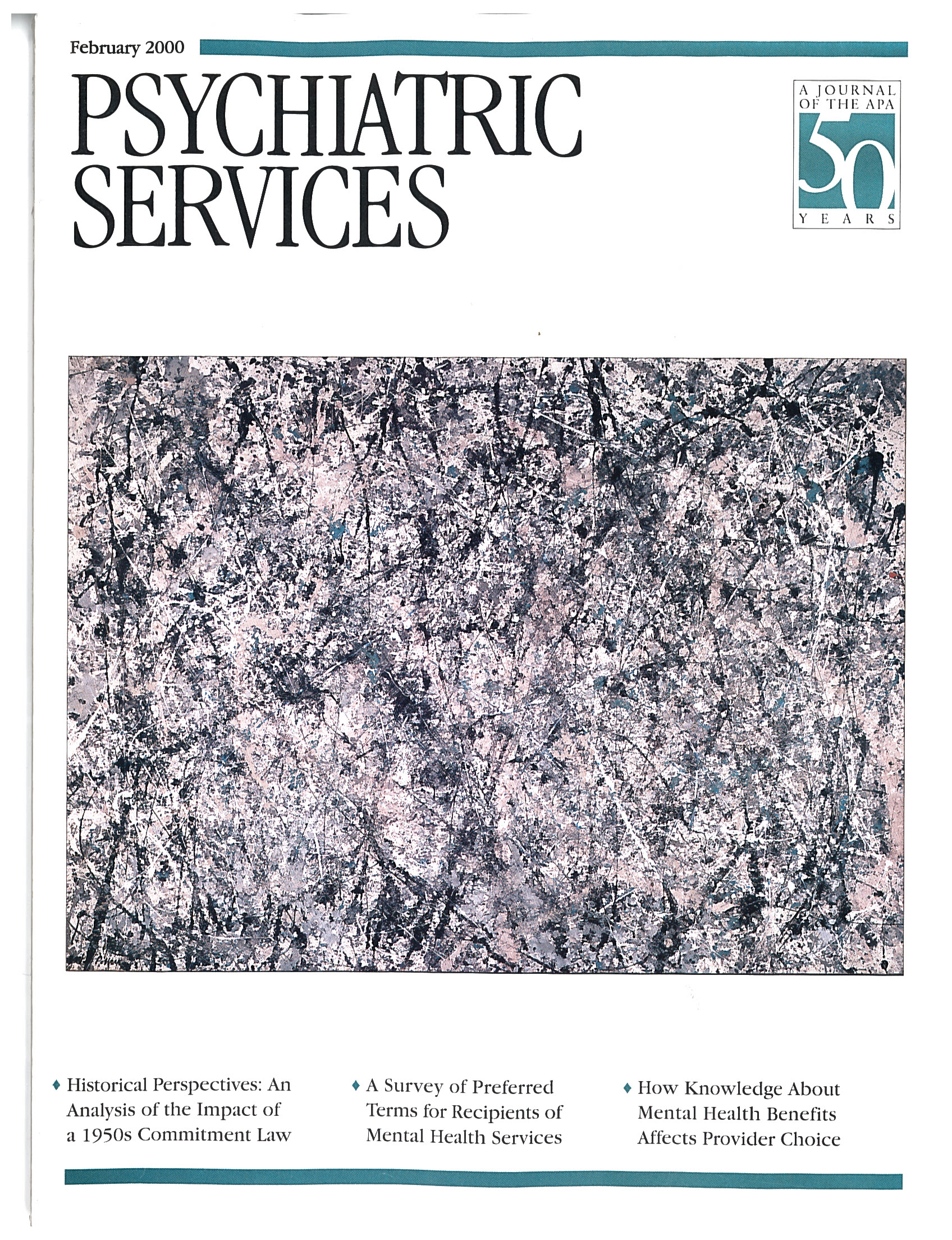Epiglottitis in a Psychotic, Non-English-Speaking Adult
To the Editor: The difficulties involved in the detection and management of life-threatening illness in a psychotic, uncooperative patient increase substantially when the patient speaks no English and develops an acute problem for which the index of suspicion is low. We present such a case below.
Ms. A, a 38-year-old non-English-speaking Ecuadorean woman with schizoaffective disorder, was hospitalized in a the locked psychiatric unit of a general hospital with psychotic mania after discontinuing olanzapine. She began to improve with fluphenazine 10 mg twice a day but refused divalproex or lithium. She was restricted to her room because of her marked disorganization and agitation. Having two trainee clinicians who were both fluent in Spanish, her native language, did not help to establish an alliance.
On the 14th day of her hospitalization, the patient developed a temperature of 105 degrees and a leukocytosis of 20,000 with a left shift in her white blood cell count. A medical consultation was obtained. Physical examination showed no source of infection, and a chest x-ray, urine culture, throat culture, and four blood cultures were all negative, as were other laboratory tests. A lumbar puncture was considered repeatedly but deferred given the patient's clear sensorium and lack of meningeal signs.
On the advice of the medicine service, antibiotics were withheld, and supportive measures were instituted pending the identification of a source of infection. Ms. A was irritable and unwilling to fully participate in further examinations, denying any discomfort or pain for the first 48 hours. The fever remained, although the leukocytosis diminished somewhat, and the patient continued to look ill. When asked if she felt any pain, she finally indicated the back of her neck, which was entirely supple. She refused an oral exam, was fully oriented, and had no headache or photophobia.
The following morning the patient was lying quietly in bed drooling, with her head perched forward. Physical exam revealed dramatic anterior and bilateral swelling and induration of the neck from the level of the mandible to just above the clavicles. An immediate ENT consultation led to a fiberoptic examination that clearly showed an inflamed epiglottis. Intravenous dexamethasone and ampicillin-sulbactam were started immediately, and the patient was transferred to the medical intensive care for 24 hours, where her epiglottitis resolved without difficulty. While in the intensive care unit, she received haloperidol intravenously to control her psychosis. Having returned to her psychiatric baseline within seven days after her return to the psychiatric unit, she was discharged to her home.
Epiglottitis is often thought of primarily as an illness of childhood, but it is not rare among adults, in whom the clinical course is generally less fulminant and the risk of airway occlusion is lower (1). Visualization of the epiglottis is difficult without an endoscope even if the patient is fully compliant, and when the patient is psychotic and agitated, it is almost impossible.
Although this patient had two clinicians who were Spanish speaking, nursing staff were unable to efficiently communicate with her when translators were not readily available, making thorough assessment considerably more difficult. We present this case to alert clinicians to the difficulty of diagnosing this condition in uncooperative patients and to reinforce the fact that epiglottitis is an illness of adults as well as children.
The authors are associated with the Beth Israel-Deaconess Medical Center in Boston.
1. Mandell GL, Bennett JE, Dolin R: Mandell, Douglas, and Bennett's Principles and Practice of Infectious Diseases. London, Churchill Livingstone, 1995Google Scholar



